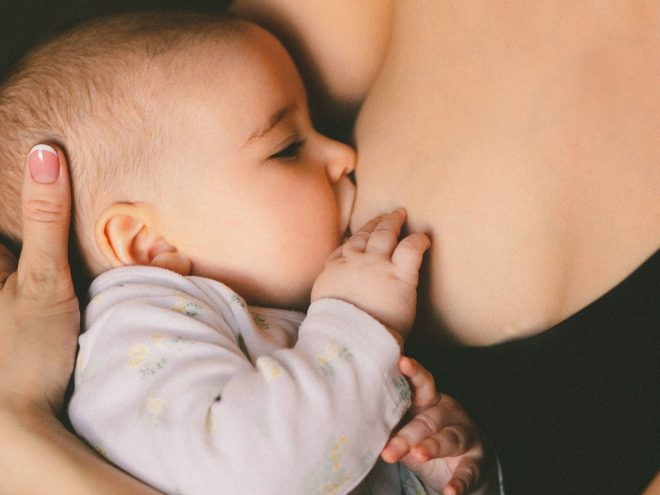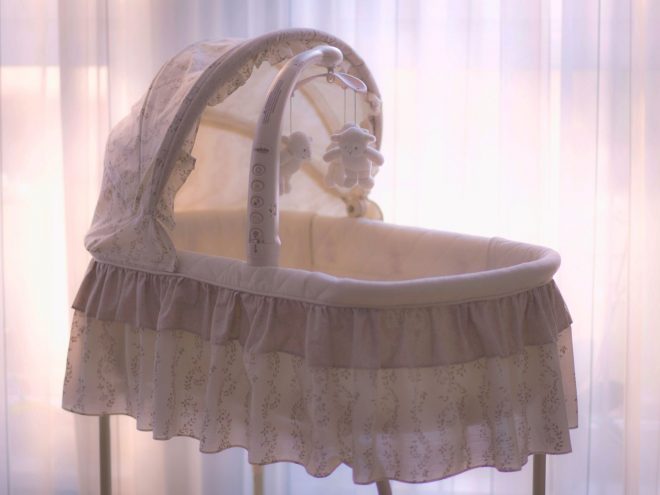Congratulations, mama–it’s time for baby number two! Are you ready to go?
There’s no doubt you’ve earned your stripes with your first child. You know the basics–feeding, soothing, diapering, even caring for a sick baby.
While you’re now essentially a baby pro, some questions may remain. What changes can you expect in a second pregnancy? How should you equip your first child for the newborn? Read these five steps to learn how to prepare for a second baby.
1. Re-Read the Baby Books
When you found out you were pregnant with your first child, you likely read every baby book in sight, went to classes hosted at your hospital, watched videos and even listened to podcasts. As a second-time mom, you may expect to remember all you learned from preparing to raise baby number one. While it would be highly convenient to recall this information, it’s unlikely you will because you’ve transitioned to raising a different-aged child.
Therefore, do yourself a favor–brush up on the baby books and ensure you take classes or watch videos to guarantee you’re ready for delivery. There’s no doubt as soon as the baby arrives, you’ll recall the generalities of life with a newborn. But if you can plan for those details sooner, you’ll lower your stress and make things much better for the rest of the family.
2. Budget for Baby
This may seem like an obvious statement, but adding another child to your family can dramatically increase the number of expenses to your family budget. To start, there’s the exorbitant one-time cost of birth and then the regular costs of diapers, wipes, formula and food, which add up over time. Depending on the age spread between your children, it’s likely you’ll be spending the same amount on your kids, but for different reasons.
Another aspect to consider when saving for baby number two–there might be a few new things you’ll need to purchase for your second child. For this reason, consider hosting or asking a friend or family member to have a baby sprinkle. Some helpful products could be a double stroller for both of your children. Also, extra diapers and wipes never hurt.
3. Expect Symptoms to be Stronger
As you prepare for your second child, expect your body to go through some pretty significant changes too. Remember the symptoms you felt when you were pregnant last time–morning sickness, exhaustion and Braxton Hicks contractions? Chances are you’ll feel them again, except a lot sooner and stronger.
This can be a disheartening thought to those moms who struggled during their first pregnancy. Help yourself by ensuring you stock up on ginger candies, peppermint tea and try eating small snacks throughout the day. Also, reach out to your support network for help when you need it to care for your first child. Also, feel free to use screen time if you need to rest.
The bright side about second pregnancies is most women can feel their baby move as early as 13 to 16 weeks because they can more easily identify the sensation. Additionally, women tend to have shorter labor and delivery times, about half as long as first pregnancies. Researchers believe this is likely because women’s bodies react to the labor hormones more efficiently after previous exposure.
4. Equip Your First Child
Another crucial aspect of prepping for a second baby is how you go about mentally preparing your first child. The approach you should take will differ depending on their age. If your first child is a young toddler, note that the birth could bring about some problematic behaviors. Ensure you spend adequate time with your child after baby two’s arrival. Help them to know they’ll always be your baby and they’re loved. In time, you’ll find that both of your children will accept each other and be friends.
With older toddlers or preschool-age children, you’ll likely have an easier time explaining a new baby is coming and about their role as an older sibling. As your pregnancy progresses, they will notice your growing belly, which could serve as a natural way to bring up the conversation. With your older or younger toddler, try reading a book on being an older sibling. Your child can also practice nurturing sibling skills on a baby doll or stuffed animals.
5. Ask for Help
As you get closer to your due date, make arrangements with your support network for who will watch your first child while you’re in the hospital delivering. Can grandma come to the house and take over? Better yet, if grandma can take your first child for a day or two while you get settled at home with your newborn, it could prove easier for all parties.
Additionally, when people visit your infant, don’t be afraid to ask them for help. If you’re feeling exhausted, let your friend know–she likely won’t mind watching your newborn for 20 minutes while you crash on the couch for a nap. Also, ask your partner for help with the dishes stacked up in the sink or the laundry that needs folding. Now’s the time to utilize all the support in your network.
Rock Being a Mama of Two
Transitioning to being a mama of two can prove to be an adjustment–but it’s one you can handle. Modify your budget, anticipate stronger symptoms, equip your first child and rely on your support network and you’ll be ready for baby two’s arrival!





